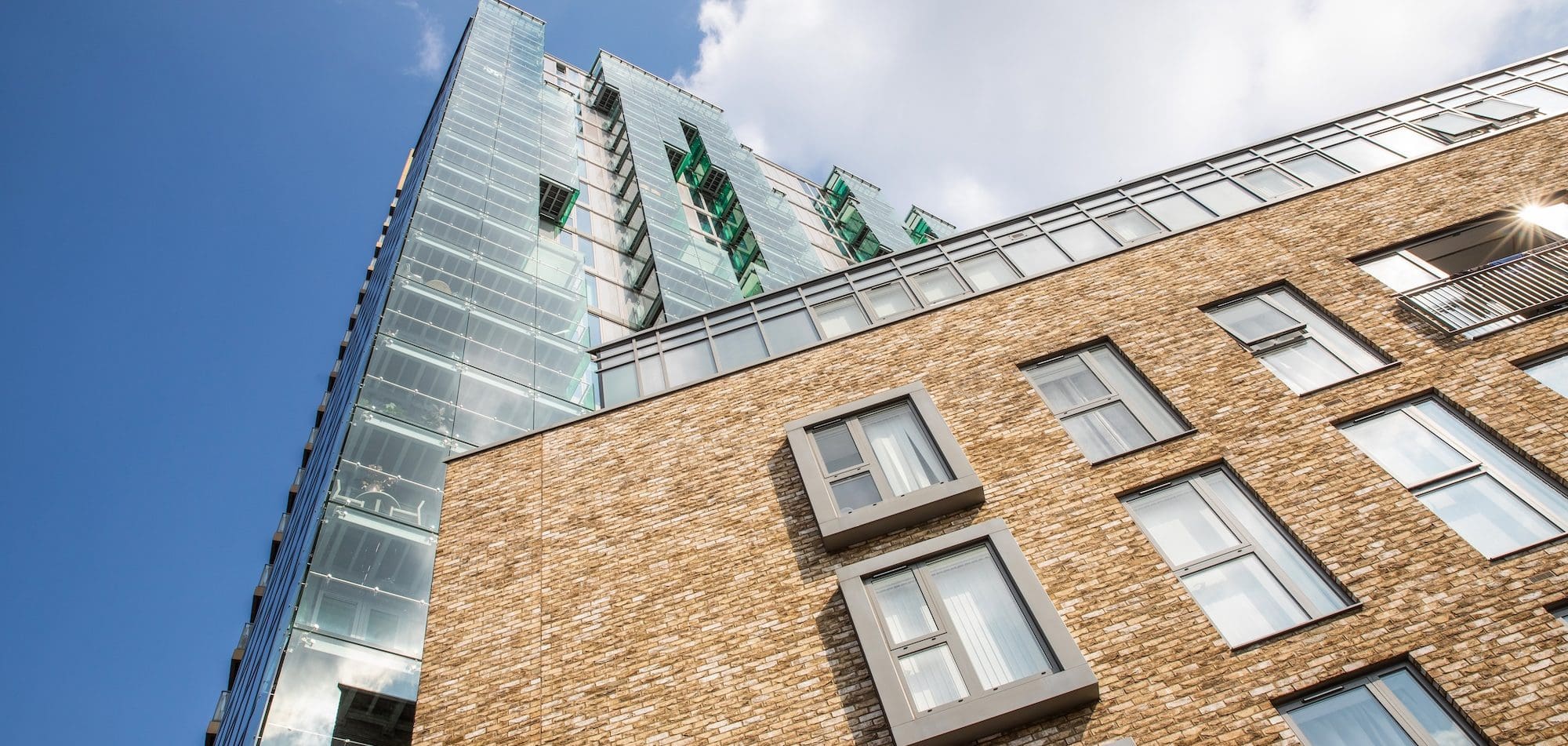
IGNO® – Build for Life
IGNO is a mark of assurance on all RYNO non-combustible products for the construction sector. It signifies non-combustible innovation that goes beyond compliance, to build in protection. Where you see the IGNO mark, you can be completely assured that these RYNO products comply with, or even exceed, building and fire safety regulations.




